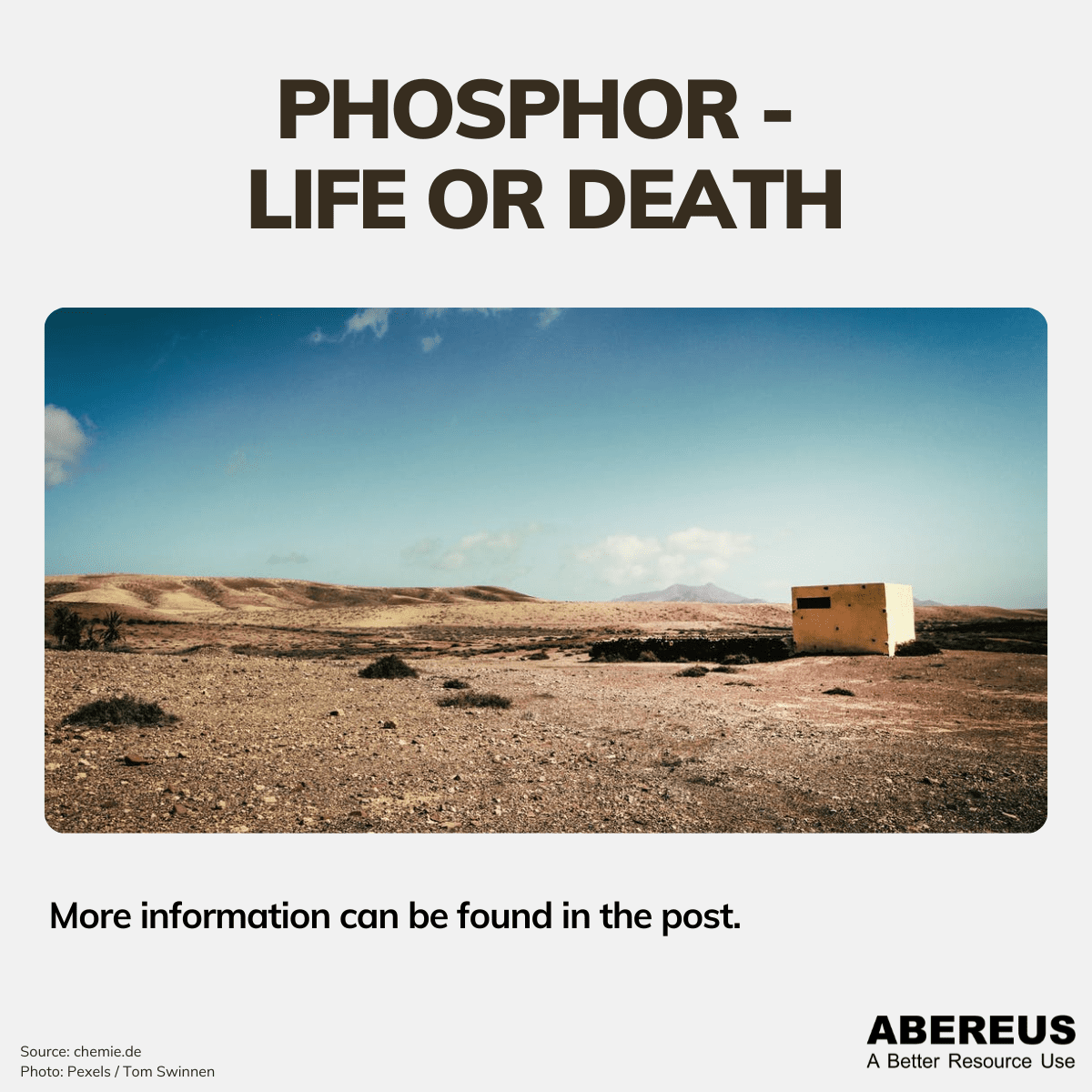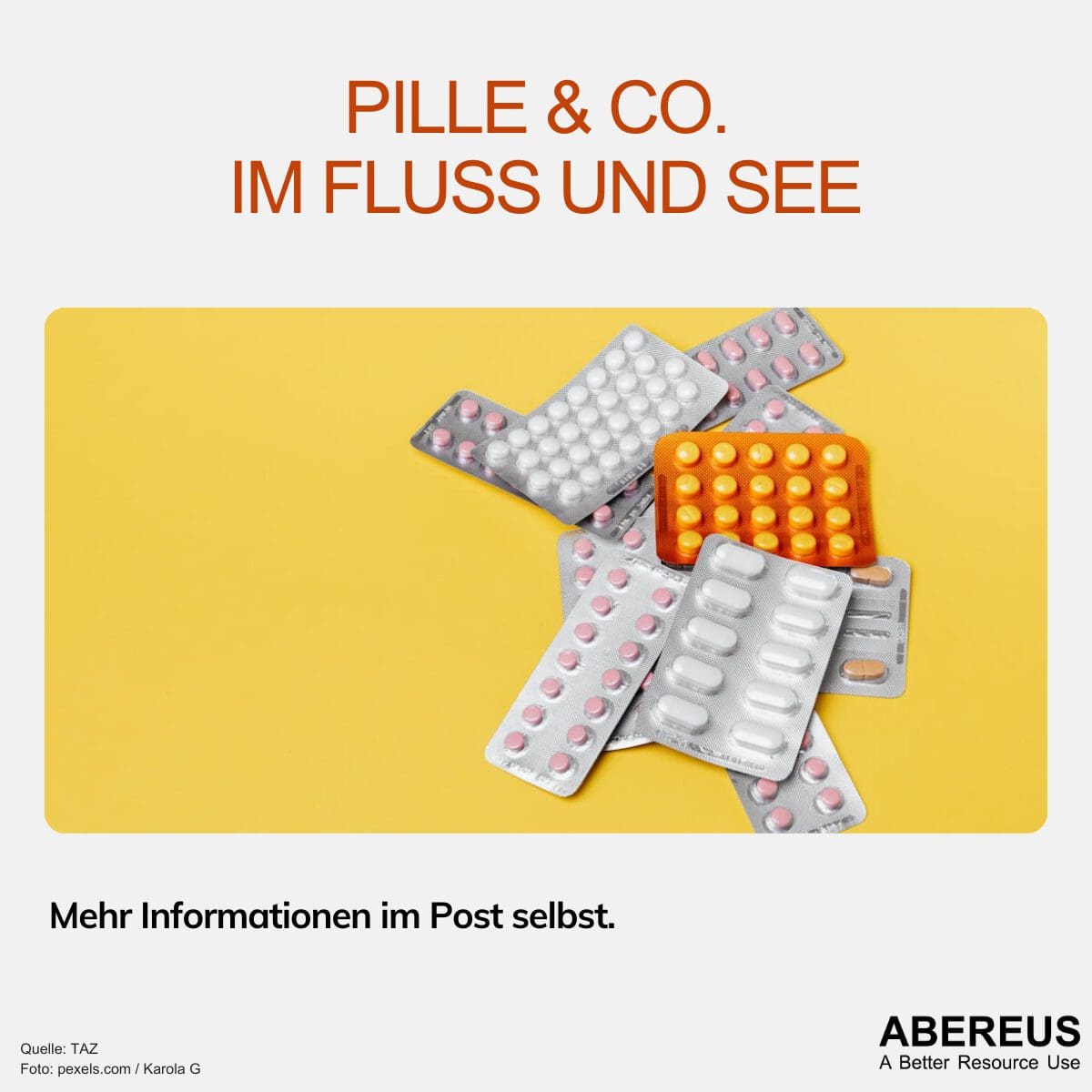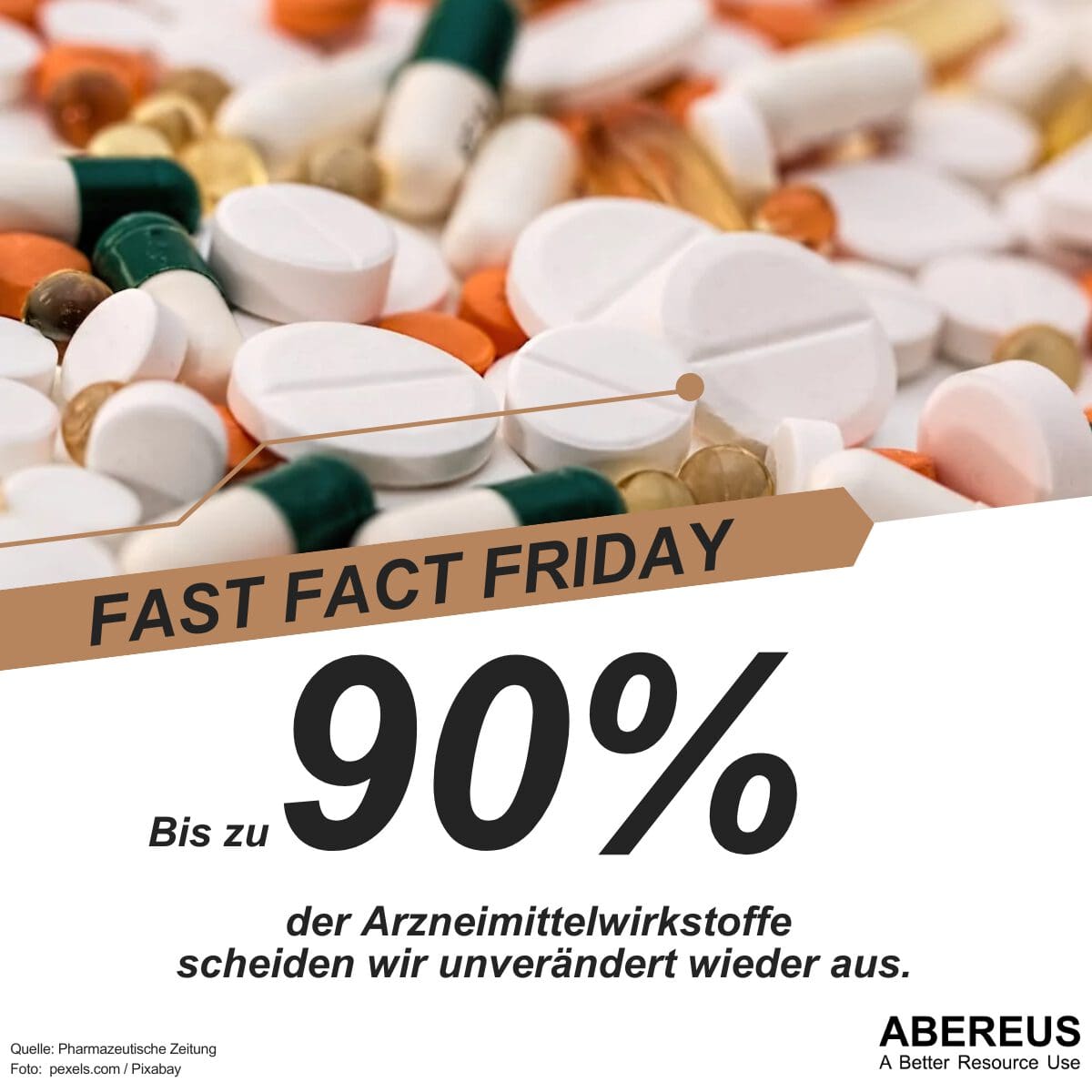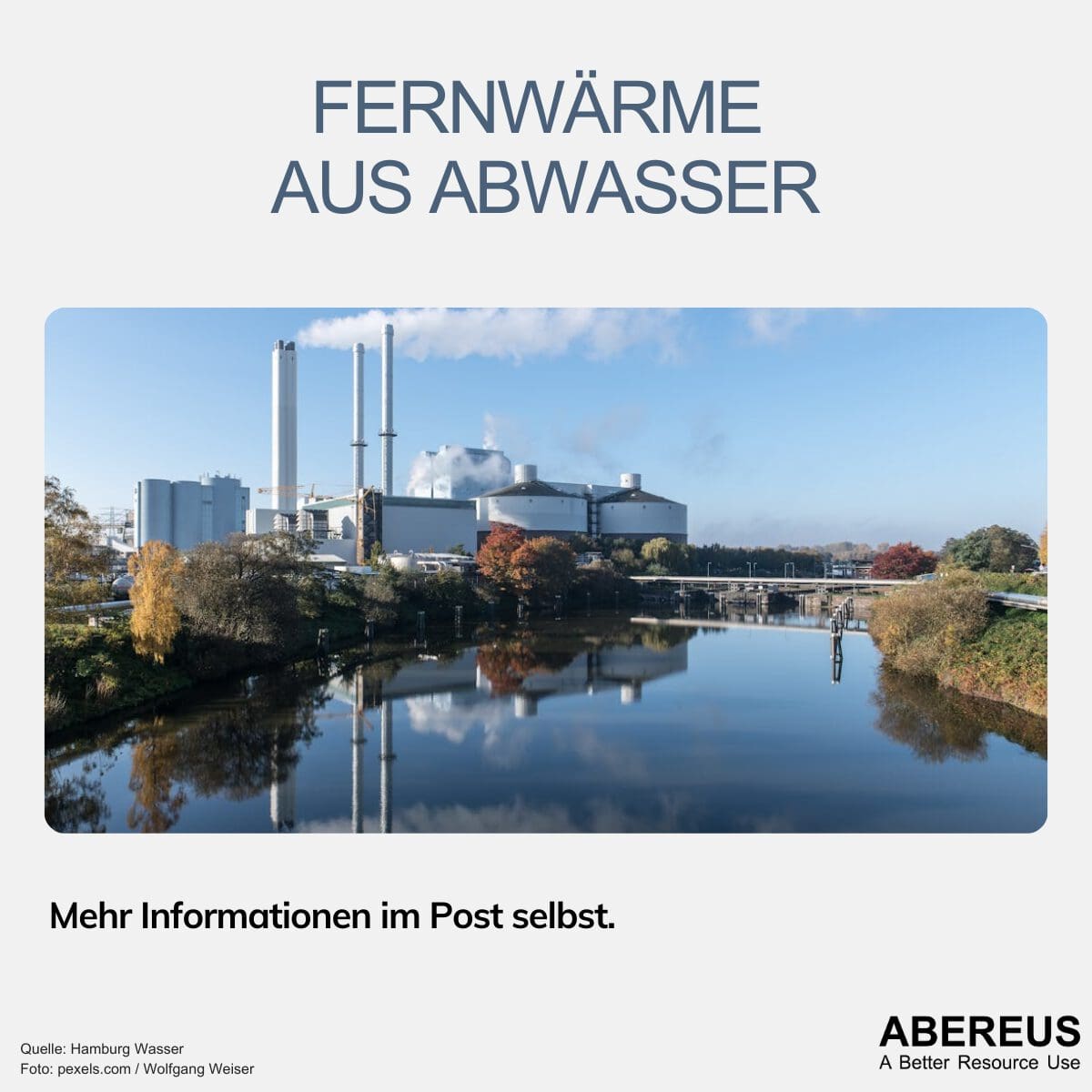Phosphor: life or death

Date
Phosphor is one of the basic elements of life. Every organism needs it to survive. Phosphor compounds are part of our DNA- and our RNA-molecules, so they are existential for our smallest building blocks. It is a central component of our energy metabolism by activating sugar and it participates in regulating our whole body. Phosphor is also an elementary component in our blood to obtain a pH buffer.
It’s simple: life without phosphor cannot exist. Phosphor plays a similar role in every other living organism. Plants need it to grow and therefore it is also an ingredient in every fertilizer. As a result, phosphate is mined around the world. Interestingly, one bigger remaining reserve is in Western Sahara, a disputed territory south of Morocco. It is claimed and de facto controlled by two governments, which increases the risk for instability. In total 40% of the world’s reserves are estimated to be in Morocco.
We also have a lot of phosphors in our excrements and therefore the European Union and other countries in Europe decided that by 2029 all large and by 2032 all medium sized wastewater treatment plants must find ways to collect phosphor out of their systems. This collection of phosphors will be able to provide around 40% of our needs within Europe. Companies that are producing fertilizers will be able to return it into the cycle similarly to how it was done before the industrial revolution.
By the way, too much phosphor in a lake or river is also bad. The ecological balance will then be pushed too far in one direction and fish and most water plants will be destroyed by the high phosphor concentration.
For more information around phosphor or other elements, get connected and join us for a better resource use!
Sources:
https://www.chemie.de/lexikon/Phosphor.html
https://www.deutsche-phosphor-plattform.de/document/faq-zum-thema-phosphorrecycling/



